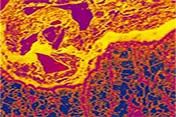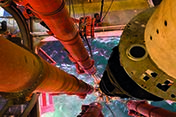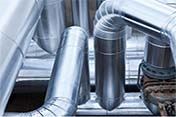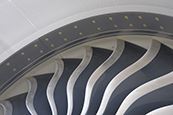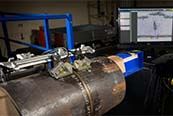- Home
- Member Benefits
- Technical Groups
- Structural Integrity
Structural Integrity Technical Group (TG6) |
|
Structural integrity assessment (also termed Fitness for Service (FFS) assessment) encompasses many disciplines from materials testing through to sophisticated engineering analyses. Engineers working in this area must deal with the many uncertainties which in turn lead to discussion and some controversy.
Whilst great strides have been made in formalising structural integrity assessment procedures those involved recognise there remains a great deal to understand in executing assessment methods and these continue to develop. This Technical Group strives to satisfy all from those hoping to learn more about the basics through to advanced practitioners looking to keep up with recent developments.
The Structural Integrity Technical Group invites the participation of all those involved in industrial sectors where high integrity is required and structural integrity assessment methods are applied. Examples include the oil and gas, nuclear power and advanced structural sectors. All involved are welcome from those applying structural integrity assessment as part of their portfolio of responsibilities to assessment specialists and academics working on the development of assessment methods and those involved in relevant research.
Presentations encompass all aspects of structural integrity from theoretical developments, the introduction and interpretation of assessment methodologies and standards, through to highly practical experience dealing with their applicability and reliability.
Meet the Chair Dr Rob Kulka CEng MIMechE Rob has 20 years’ experience the nuclear, defence, petrochemical and rail industries and expertise in structural integrity assessment and asset management, through the use of mechanical testing, complex computational analysis, damage tolerance assessment and safety case development. His work has focussed on the assessment of fracture and fatigue of welded metallic components. Rob is the Section Manager of Fatigue Integrity Management at TWI Ltd. |
|
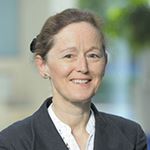 | Assisted by Dr Isabel Hadley CEng, Eur Ing, FWeldI Isabel is a Technology Fellow, recently semi-retired from TWI. Her work focuses on the development of analytical flaw assessment techniques, and their application to safety-critical welded structures and pressure equipment. She has a particular involvement in the development and validation of structural integrity procedures and standards such as:
She is also Royal Academy of Engineering Visiting Professor in Integrity Management at the University of Bristol, as part of an initiative to transfer industrial know-how to engineering undergraduates. |
Can't make it on the day? If you can't join us on the day, you can still access the recording of the webinar and presentation by registering ahead of the event. |
Forthcoming events Coming soon... |
Some of our previous events
|
Continuous Professional Development (CPD)
The Welding Institute awards points towards CPD for delegates attending a webinar. Every hour's attendance of an event will earn 2 points towards your continuing professional development.
Other Technical Groups |
Structures and Infrastructure | Welding and Joining Processes | Metallic Materials |
Pressure and Process Plant | NDT and Condition Monitoring |
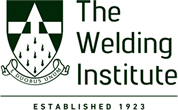
.png)



